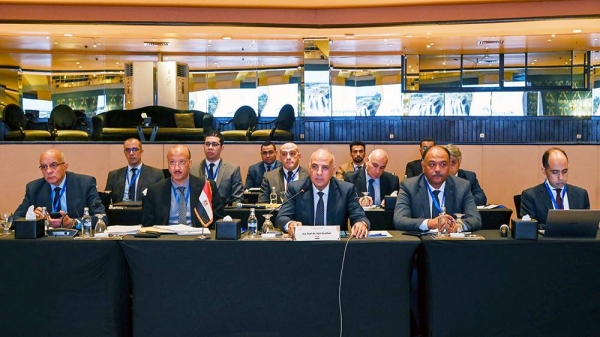
KHARTOUM/CAIRO/NAIROBI (Reuters) - Negotiations between Ethiopia, Sudan and Egypt, in a long-running dispute over the Grand Ethiopian Renaissance Dam (GERD) on the Blue Nile, have reached a new impasse, the three countries said on Sunday.
“We cannot continue this vicious cycle of circular talks indefinitely,” Sudanese irrigation minister Yasir Abbas said in a statement.
However, Egypt and Ethopia, in separate statements, blamed Sudanese objections to the framework for the talks for the new impasse.
Ethiopia sees the dam as key to plans to become Africa’s largest power exporter. Egypt, which gets more than 90% of its scarce fresh water from the Nile, fears the dam could devastate its economy.
Sudan said on Sunday it was concerned the dam could overwhelm its nearby Roseires dam if an agreement is not reached that would allow the countries to share data.
Ethiopia said in a foreign ministry statement that despite previously insisting on meetings with the African Union experts, Sudan objected to their terms of reference and refused to include the experts in the meeting, effectively halting the talks.
The prolonged dispute between the three countries has continued even after the reservoir behind the $4 billion dam began filling in July.
“Sudan insisted on the assigning of African Union experts to offer solutions to contentious issues ... a proposal which Egypt and Ethiopia have reservations about,” Egypt’s foreign ministry said in a statement posted to social media.
In its own statement on state news agency SUNA, Sudan said it objected to what it said was a Jan. 8 letter from Ethiopia to the African Union stating that Ethiopia was determined to fill the reservoir for the second year in July with 13.5 million cubic meters of water, whether an agreement is reached or not.
In its own statement posted on the social media of the Ministry of Foreign Affairs, Ethiopia said it “took the initiative immediately to establish an effective and reciprocal data exchange mechanism.”











